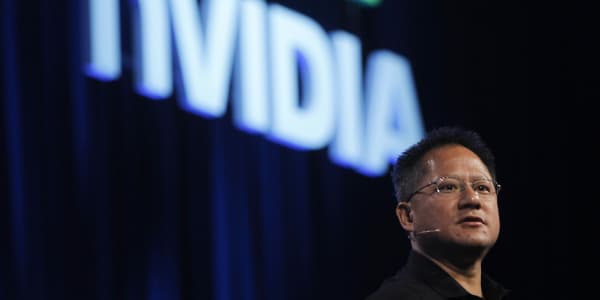
Tech companies big and small are unveiling new gear at the 2014 Consumer Electronics Show in Las Vegas.
Here's a look at some of the technology that could make it to market in the near future.
Audi offered a look at its piloted vehicle, whose chip-based "brain" registers location and traffic data, as well as destination, to take the wheel in traffic and when it's time to park. The vehicle is still in prototype but should soon be in "serious production," Audi's chief technical officer, Ulrich Hackenberg, said in a presentation.
This comes after automakers, including Toyota, Nissan and BMW announced plans to introduce self-driving options within the next decade.
While wearable fitness trackers such as the Fitbit and even several smartphone apps have become popular among health nuts, tech advisory firm Cambridge Consultants demonstrated a prototype designed specifically for basketball players.
According to Cambridge, Its ArcAid basketball training system detects a shot's power, direction and height, comparing that data with the ideal trajectory and tracking improvement over time.
Wearable-monitor maker Rest Devices showed its Mimo Smart Baby Monitor, a cotton onesie with sensors and a companion gadget that captures sound and helps monitor an infant's breathing, skin temperature, body position and activity level.
Parents can receive mobile notifications every time a baby rolls over, for example. And data-geek parents can chart their child's sleep and development, Rest Devices CEO Dulcie Madden said at the show.
Kids' tabletmaker Fuhu, in collaboration with DreamWorks and Intel, demonstrated its DreamTab, which operates in separate parents' and kids' modes. Apps for the latter include a chore list, which parents can manage, as well as drawing and learning apps.
Parents imposing limits on kids' gadget time can use a feature in which a cartoon character pops up when it's time to turn off the device.
—By CNBC's Althea Chang





